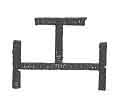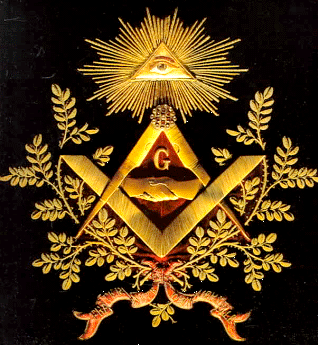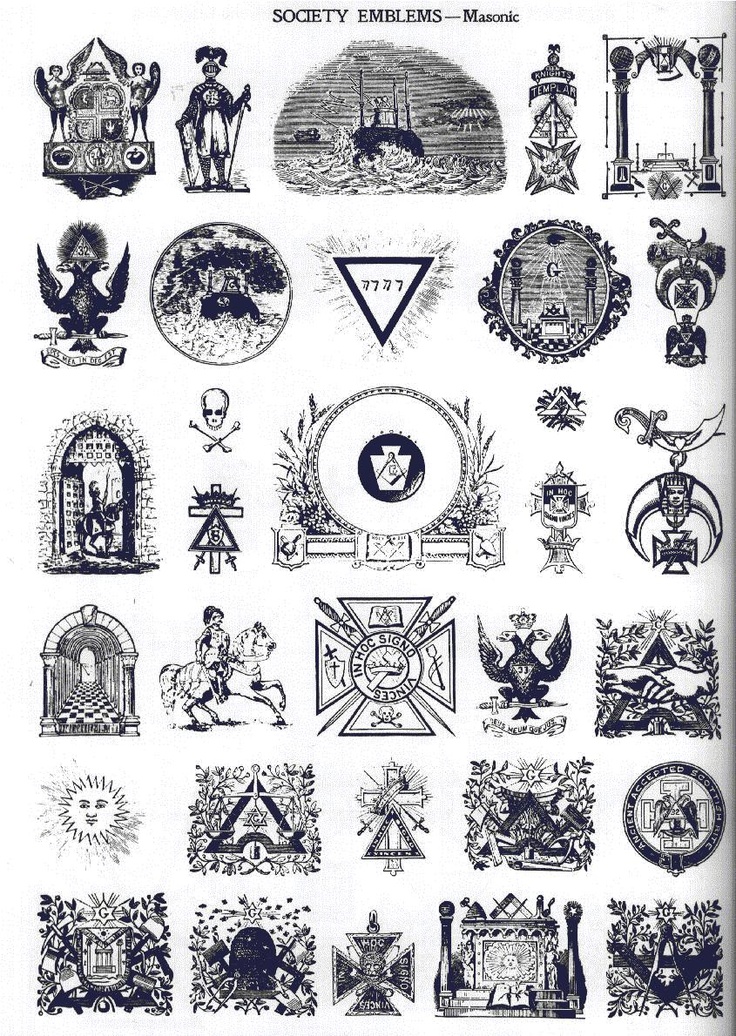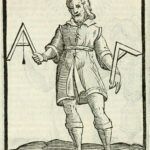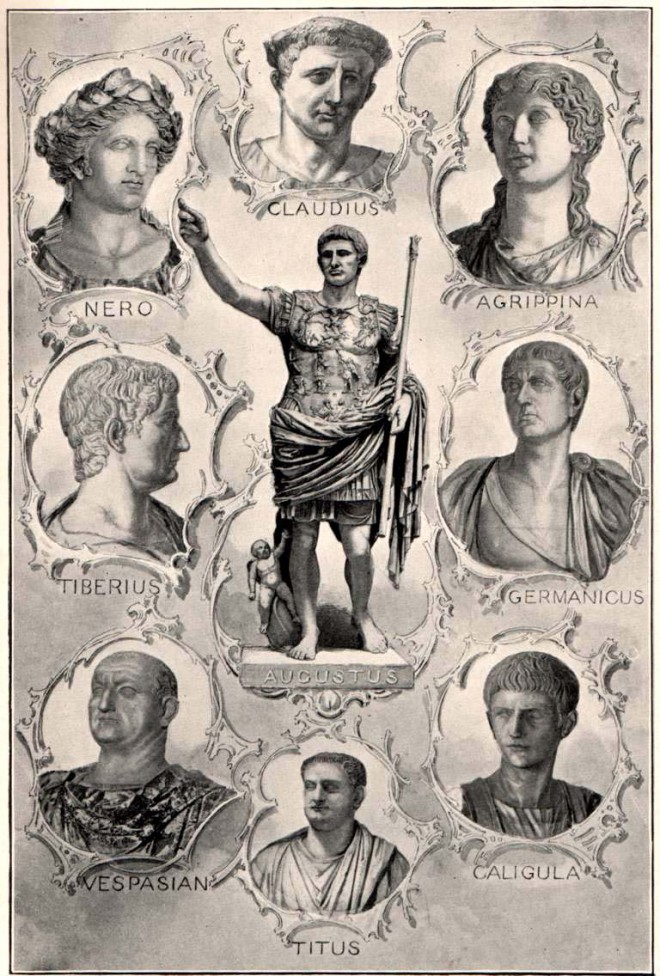The Jesuits maintain that “the Society of Jesus is not of human invention, but it proceeded from him whose name it bears. For Jesus himself described that rule of life which the Society follows, first by his example, and afterwards by his words.”
Let, then, all pious Christians listen and acquaint themselves with this alleged “rule of life” and precepts of their God, as exemplified by the Jesuits. Peter Alagona (St. Thomae Aquinatis Summae Theologiae Compendium) says: “By the command of God it is lawful to kill an innocent person, to steal, or commit . . . (Ex mandato Dei licet occidere innocentem, furari, fornicari); because he is the Lord of life and death, and all things, and it is due to him thus to fulfil his command” (Ex prima secundae, Quaest., 94).
“A man of a religious order, who for a short time lays aside his habit for a sinful purpose, is free from heinous sin, and does not incur the penalty of excommunication” (Lib. iii., sec. 2., Probl. 44, D. 212).
Page 356
John Baptist Taberna (Synopsis Theologiae Practicae), propounds the following question: “Is a judge bound to restore the bribe which he has received for passing sentence?” Answer: “If he has received the bribe for passing an -unjust sentence, it is probable that he may keep it. . . . This opinion is maintained and defended by fifty-eight doctors” (Jesuits).
We must abstain at present from proceeding further. So disgustingly licentious, hypocritical, and demoralizing are nearly all of these precepts, that it was found impossible to put many of them in print, except in the Latin language. We will return to some of the more decent as we proceed, for the sake of comparison. But what are we to think of the future of the Catholic world, if it is to be controlled in word and deed by this villainous society? And that it is to be so, we can hardly doubt, as we find the Cardinal Archbishop of Cambrai loudly proclaiming the same to all the faithful? His pastoral has made a certain noise in France; and yet, as two centuries have rolled away since the expose of these infamous principles, the Jesuits have had ample time to lie so successfully in denying the just charges, that most Catholics will never believe such a thing. The infallible Pope, Clement XIV. (Ganganelli), suppressed them on the 23d of July, 1773, and yet they came to life again; and another equally infallible Pope, Pius VII., reestablished them on the 7th of August, 1814.
But we will hear what Monseigneur of Cambrai is swift to proclaim in 1876. We quote from a secular paper:
“Among other things, he maintains that Clericalism, Ultramontanism, and Jesuitism are one and the same thing — that is to say, Catholicism — and that the distinctions between them have been created by the enemies of religion. There was a time, he says, when a certain theological opinion was commonly professed in France concerning the authority of the Pope. It was restricted to our nation, and was of recent origin. The civil power during a century and a half imposed official instruction. Those who profess these opinions were called Gallicans, and those who protested were called Ultramontanes, because they had their doctrinal centre beyond the Alps, at Rome. To-day the distinction between the two schools is no longer admissible. Theological Gallicanism can no longer exist, since this opinion has ceased to be tolerated by the Church. It has been solemnly condemned, past all return, by the OEcumenical Council of the Vatican. One cannot now be Catholic without being Ultramontane — and Jesuit.”
Page 357
This settles the question. We leave inferences for the present, and proceed to compare some of the practices and precepts of the Jesuits, with those of individual mystics and organized castes and societies of the ancient time. Thus the fair-minded reader may be placed in a position to judge between them as to the tendency of their doctrines to benefit or degrade humanity.
Rabbi Jehoshua Ben Chananea, who died about A. D. 72, openly declared that he had performed “miracles” by means of the Book of Sepher Jezireh, and challenged every skeptic. Franck, quoting from the Babylonian Talmud, names two other thaumaturgists, Rabbis Chanina and Oshoi.

Moe is the founder of GnosticWarrior.com. He is a father, husband, author, martial arts black belt, and an expert in Gnosticism, the occult, and esotericism.

